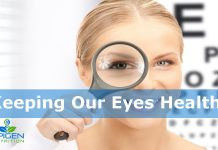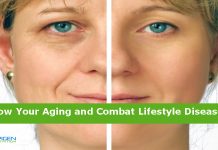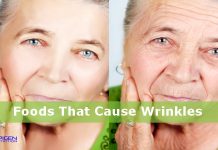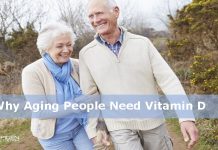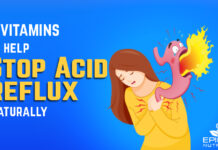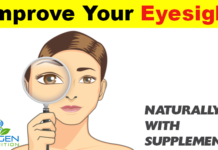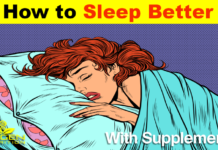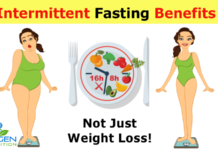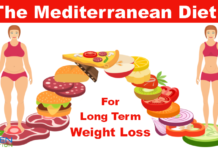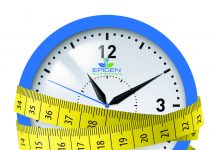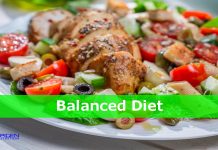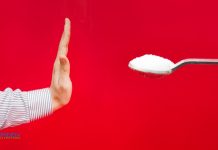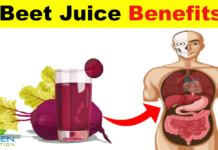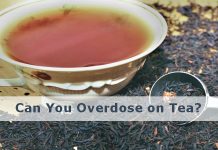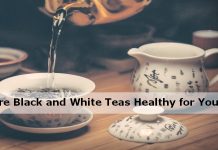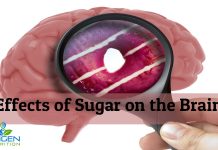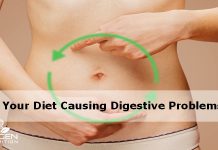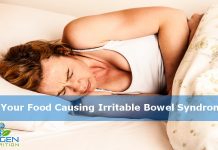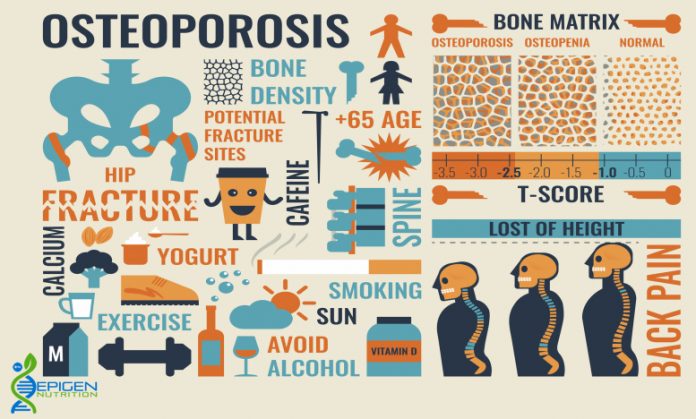Just about everywhere you look lately regarding health and longevity there is new information cropping up about some sort of food or supplement that supports bone health.
Let’s delve a bit into why there is all this emphasis on the subject and check out some of the foods you can eat that can help to build strong bones.
Why Bone Density is Important
Your bone density is a major factor in determining whether or not a little fall that may happen to you ends up with a couple of bumps and bruises or a big break or fracture.
As we get older the risk of death resulting from a serious fracture increases, this is due to a condition where the bones become brittle and are so vulnerable that they are easily broken, the condition is known as osteoporosis.
Women seem to suffer from this condition at a much higher rate than men.
Surprisingly, there has been one study that found elderly who suffered at least one fracture had an increased risk of mortality.
This increased risk of mortality was as much as 25 percent higher in the first year after the fall than their counterparts who had no fall.
Our bone density is known decline naturally with age, and this is why having the correct diet with proper nutrition is important, and in some cases medical and supplemental intervention may also be needed to prevent osteoporosis.
So What Can we do to Help?
There are two main factors that can contribute to helping with bone health and they are food and exercise.
A study carried out by the University of New Mexico found that elderly patients could build bone mineral density by exercising.
Moderate and vigorous resistance training resulted in increases in not just their lean body mass, but also in their bone density as well.
What Foods Should You Be Eating?
When it comes to eating the correct diet for your bone health, there are a few things you should include in your everyday meal plan, along with a few things you may want to consider totally giving a miss or cutting down on.
Foods to Eat More of
According to the National Osteoporosis Foundation key foods for bone health are:
1. Fortified Dairy Products: These contain both Vitamin D and Calcium, essential for bone mineral density growth.
2. Oily Fish (Salmon, Mackerel, Tuna, Sardines): Vitamin D
3. Dandelion greens, mustard greens, collard greens, turnip greens, kale, okra, Chinese cabbage, and broccoli all contain Calcium!!!
4. Foods Rich in Potassium – bananas, tomatoes, potatoes, sweet potatoes, raisins, spinach, papaya, plantains, oranges, orange juice, and prunes: Potassium is essential for the bone building process as well, and these foods have it in spades.
5. Fortified Cereal, Fortified Bread, Soy Milk, Rice Milk, and Snacks: all fortified foods are required to have calcium and Vitamin D inside.
Things You Need to Watch Out For
The National Osteoporosis Foundation also suggests you know about some foods that may be blocking your body’s absorption of calcium.
If you can’t take in enough calcium, you won’t build strong bones.
Here are some foods you may want to consider cutting back on that may be harming your efforts for increasing your bone density.
• Beans: these contain Phytates, which interfere with your body’s ability to absorb calcium. To get rid of the phytates make sure you soak the beans for several hours before you cook them in cool water.
• Meat and Foods High in Protein: High protein diets can cause your body to lose calcium, you can make up for the calcium loss by eating extra calcium, but it is important to discuss this concern with a dietician or physician!
• Salt: Sodium causes the body to lose calcium. Since most processed foods are laden with salt, it is important to make sure you are monitoring your salt intake as well as eating enough calcium and Vitamin D to build strong bones.
• Alcohol, Caffeine, Sugary Soft Drinks: While one drink is not going to cause bone leaching if you consume several alcoholic, caffeinated, or soda drinks a day you could be causing bone loss. Drink these all with moderation.
Go Catch a Few Rays
Your body has the ability to absorb vitamin D from the sun through the skin. It can store excess vitamin D for up to 6 months.
The recommended dose for this is around 15 to 30 minutes of unprotected sun exposure a day.
Unprotected sun exposure means without sunscreen, as it can block the body’s ability to absorb vitamin D.
Because of all the media coverage lately about over exposure to the sun’s rays, if you live in areas with constant sunshine it might be a good idea to be a bit cautious and check with your doctor to ask if it is ok for you to do this.
Although in the majority of places in the UK you might find it somewhat of a challenge just to see a bit of sun.
In that case you may want to consider a vitamin D supplement, if you aren’t eating any of the fortified dairy products mentioned above.


